He made the remarks in a telephone conversation with the UN Secretary- General António Guterres on Sunday evening.
During the phone talks, the two sides exchanged their views on some regional and international developments including those in Gaza Strip and sanctions removal talks.
Amir-Abdollahian pointed to the annual meeting of the Non-proliferation Treaty (NPT) in New York and active participation of a delegation from Iran in the event, saying a fatwa issued by the Leader of Iran’s Islamic Revolution banning use of nukes as haram (religiously forbidden) is clear proof for everyone.
Amir-Abdollahian added that nuclear weapons have no place in the Islamic Republic of Iran’s doctrine and are at odds with its beliefs and policies.
Iranian foreign minister noted that today, the world is in a sensitive and fragile situation with regard to international peace and security, adding that NPT is the result of a balance that has always been underscored in every respect, but some countries treat the issue in a selective manner.
He said, “We believe that serious attention must be paid to this treaty’s unimplemented provisions such as nuclear disarmament and the creation of a nuclear-weapon-free Middle East.”
The top Iranian diplomat noted that the Islamic Republic of Iran, as introducer of the notion of clearing the Middle East from nuclear arms, is ready to continue constructive cooperation to achieve this goal.
On the sanctions removal talks, Amir-Abdollahian said, “We are serious about reaching a robust and lasting deal.”
He added that the talks are now being pursued seriously in Vienna, although the outcome of the negotiations is contingent upon whether the US wants to reach a deal and whether it shows the required flexibility and acts realistically in practice.
Amir-Abdollahian underlined that Iran has serious and genuine determination to reach a robust and lasting deal and it has proved this.
He also said Iran is continuing working with the International Atomic Energy Agency, IAEA, but it believes that the Agency needs to completely resolve the remaining safeguard issues by distancing itself from irrelevant and unconstructive political issues and merely through technical channels.
He pointed to the onset of the recent aggression by the Zionist regime against Gaza and the martyrdom of dozens of Palestinians, including children and women. He said that in his telephone conversation with the secretary general of the Palestinian Islamic Jihad Movement, he learned the Palestinian resistance will give a firmer response to the Zionist regime to defend its land and security.
He noted that it is necessary that the international community fulfill its responsibility to defend the people of Gaza and immediately stop the Zionist regime’s aggression.
The top Iranian diplomat also voiced Tehran’s support for the continuation of the ceasefire in Yemen, calling for a complete end to the human siege on the country.
Amir-Abdollahian spoke about the foreign policy of Iranian President Ebrahim Raeisi’s administration and described any move to strengthen regional dialog and cooperation as important and welcomed a regional initiative put forth by the UN chief.
The UN secretary general, for his part, underlined the necessity of scrapping all nuclear weapons worldwide and the need for clearing the Middle East from weapons of mass destruction.
Guterres stressed that the talks pertaining to the Iran nuclear deal, JCPOA, is highly important for the UN and the world body has emphasized the need for compromise and more flexibility at this stage in contacts with all parties to the negotiations.
He then referred to the anniversary of the US atomic bombing of the Japanese cities of Hiroshima and Nagasaki, saying, “We must make sure that such horrible tragedies never happen again and nuclear disarmament and non-proliferation are vital to this end.”
Guterres said the UN wants all efforts to be made to close Iran’s nuclear case and it has underlined the matter in talks with the Europeans and the US.
The UN chief further expressed hope that a fresh step will be taken toward convergence in the Persian Gulf with the new platform built by the UN.
Guterres expressed concern over the situation in Gaza, stressing that he told his colleagues in the coastal enclave to start new constructive measures to put an immediate end to attacks.
On the Yemen crisis, the UN Secretary General appreciated constructive efforts and stance of Iran in support of the continuation of the truce there.
Guterres also called for Tehran to continue its effective role in resolving the Yemen crisis through political means.
MA/MFA


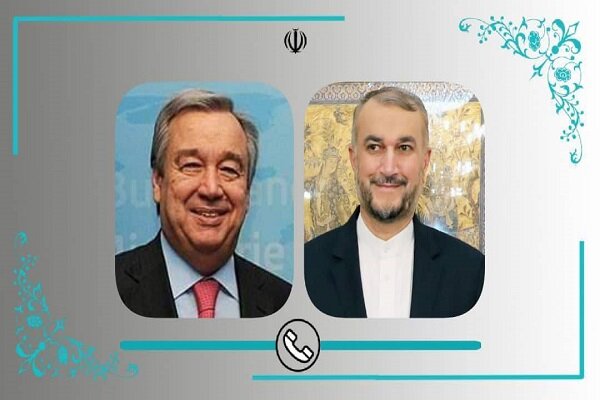
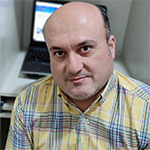
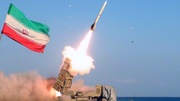
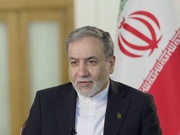
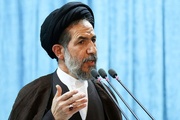

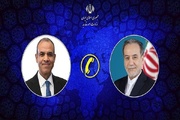
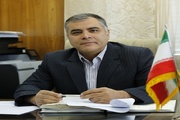
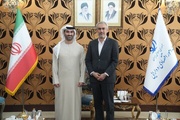
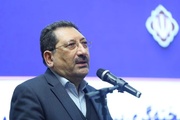
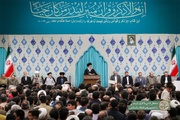
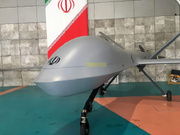









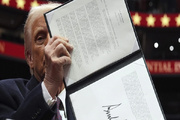
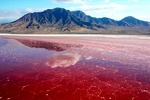

Your Comment